Related Research Articles

The Royal Society of Edinburgh is Scotland's national academy of science and letters. It is a registered charity that operates on a wholly independent and nonpartisan basis and provides public benefit throughout Scotland. It was established in 1783. As of 2021, there are around 1,600 Fellows.
The Astronomical Society of the Pacific (ASP) is an American scientific and educational organization, founded in San Francisco on February 7, 1889. Its name derives from its origins on the Pacific Coast, but today it has members all over the country and the world. It has the legal status of a nonprofit organization.
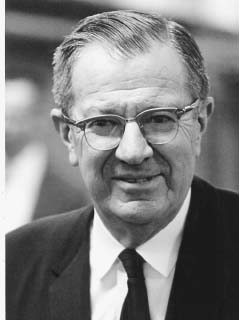
Frederick Emmons Terman was an American professor and academic administrator. He is widely credited as being the father of Silicon Valley.

The National Academy of Design is an honorary association of American artists, founded in New York City in 1825 by Samuel Morse, Asher Durand, Thomas Cole, Martin E. Thompson, Charles Cushing Wright, Ithiel Town, and others "to promote the fine arts in America through instruction and exhibition." Membership is limited to 450 American artists and architects, who are elected by their peers on the basis of recognized excellence.
Arthur Emmons Raymond was an aeronautical engineer who led the team that designed the DC-3.
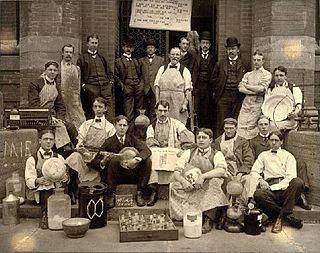
Sheffield Scientific School was founded in 1847 as a school of Yale College in New Haven, Connecticut, for instruction in science and engineering. Originally named the Yale Scientific School, it was renamed in 1861 in honor of Joseph E. Sheffield, a railroad executive. The school was incorporated in 1871. The Sheffield Scientific School helped establish the model for the transition of U.S. higher education from a classical model to one which incorporated both the sciences and the liberal arts. Following World War I, however, its curriculum gradually became completely integrated with Yale College. "The Sheff" ceased to function as a separate entity in 1956.
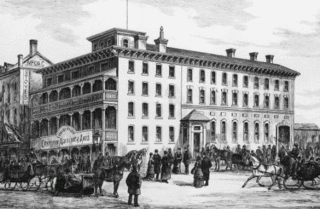
The Royal Canadian Academy of Arts (RCA) is a Canadian arts-related organization that was founded in 1880.
The National Academy of Engineering (NAE) is an American nonprofit, non-governmental organization. The National Academy of Engineering is part of the National Academies of Sciences, Engineering, and Medicine, along with the National Academy of Sciences (NAS), the National Academy of Medicine, and the National Research Council.
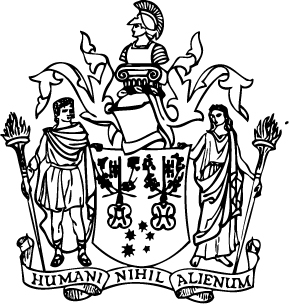
The Australian Academy of the Humanities was established by Royal Charter in 1969 to advance scholarship and public interest in the humanities in Australia. It operates as an independent not-for-profit organisation partly funded by the Australian government.
Eric Arthur Walker was president of the Pennsylvania State University from 1956 to 1970 and a founding member of the National Academy of Engineering.
Walker Lee Cisler was a noted American engineer, business executive, and a founding member of the National Academy of Engineering.

Warrington Academy, active as a teaching establishment from 1756 to 1782, was a prominent dissenting academy, that is, a school or college set up by those who dissented from the established Church of England. It was located in Warrington, a town about half-way between the rapidly industrialising Manchester and the burgeoning Atlantic port of Liverpool. Formally dissolved in 1786, the funds then remaining were applied to the founding of Manchester New College in Manchester, which was effectively the Warrington Academy's successor, and in time this led to the formation of Harris Manchester College, Oxford.
Fawwaz T. Ulaby is Arthur F. Thurnau Professor of Electrical Engineering and Computer Science at the University of Michigan in Ann Arbor and formerly the Founding Provost and Executive Vice President of the King Abdullah University of Science and Technology (KAUST) and R. Jamieson and Betty Williams Professor of Electrical Engineering and Computer Science at the University of Michigan.
William Hultz Walker was an American chemist and professor. He was born in Pittsburgh, Pennsylvania, and graduated in 1890 at Penn State College and took his Ph.D. at Göttingen (1892). In 1894 he accepted the chair of industrial chemistry at the Massachusetts Institute of Technology, where from 1908 he was also director of the research laboratory of applied chemistry. Walker was vice president of the International Congress of Applied Chemistry in 1893 and president of the American Electrochemical Society in 1910. The New York Section of the American Chemical Society conferred on him its Nichols medal in 1908.
Howard Wilson Emmons (1912–1998) was an American professor in the department of Mechanical Engineering at Harvard University. During his career he conducted original research on fluid mechanics, combustion and fire safety. Today he is most widely known for his pioneering work in the field of fire safety engineering. He has been called "the father of modern fire science" for his contribution to the understanding of flame propagation and fire dynamics. He also helped design the first supersonic wind tunnel, identified a signature of the transition to turbulence in boundary layer flows, and was the first to observe compressor stall in a gas turbine compressor. He initiated studies on diffusion flames inside a boundary layer, and Emmons problem is named after him. He was eventually awarded the Timoshenko Medal by the American Society of Mechanical Engineers and the 1968 Sir Alfred Egerton Gold Medal from The Combustion Institute.
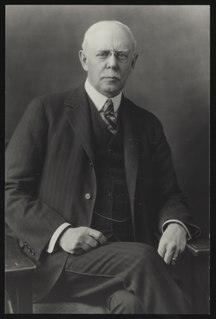
Arthur Dehon Little was an American chemist and chemical engineer. He founded the consulting company Arthur D. Little and was instrumental in developing chemical engineering at the Massachusetts Institute of Technology (MIT). He is credited with introducing the term unit operations to chemical engineering and promoting the concept of industrial research.
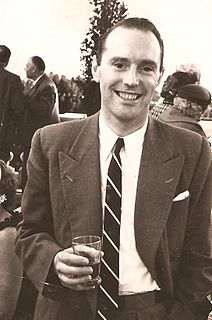
Harry Bolton Seed was an educator, scholar, former Professor at the University of California, Berkeley. He was regarded as the founding father of geotechnical earthquake engineering.

David Tse is the Thomas Kailath and Guanghan Xu Professor of Engineering at Stanford University.
References
- "Founding members of the National Academy of Engineering". National Academy of Engineering. Retrieved October 19, 2012.